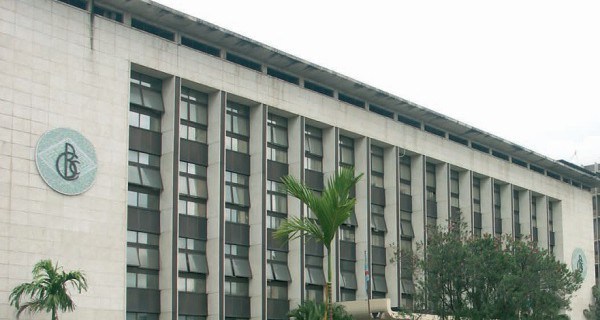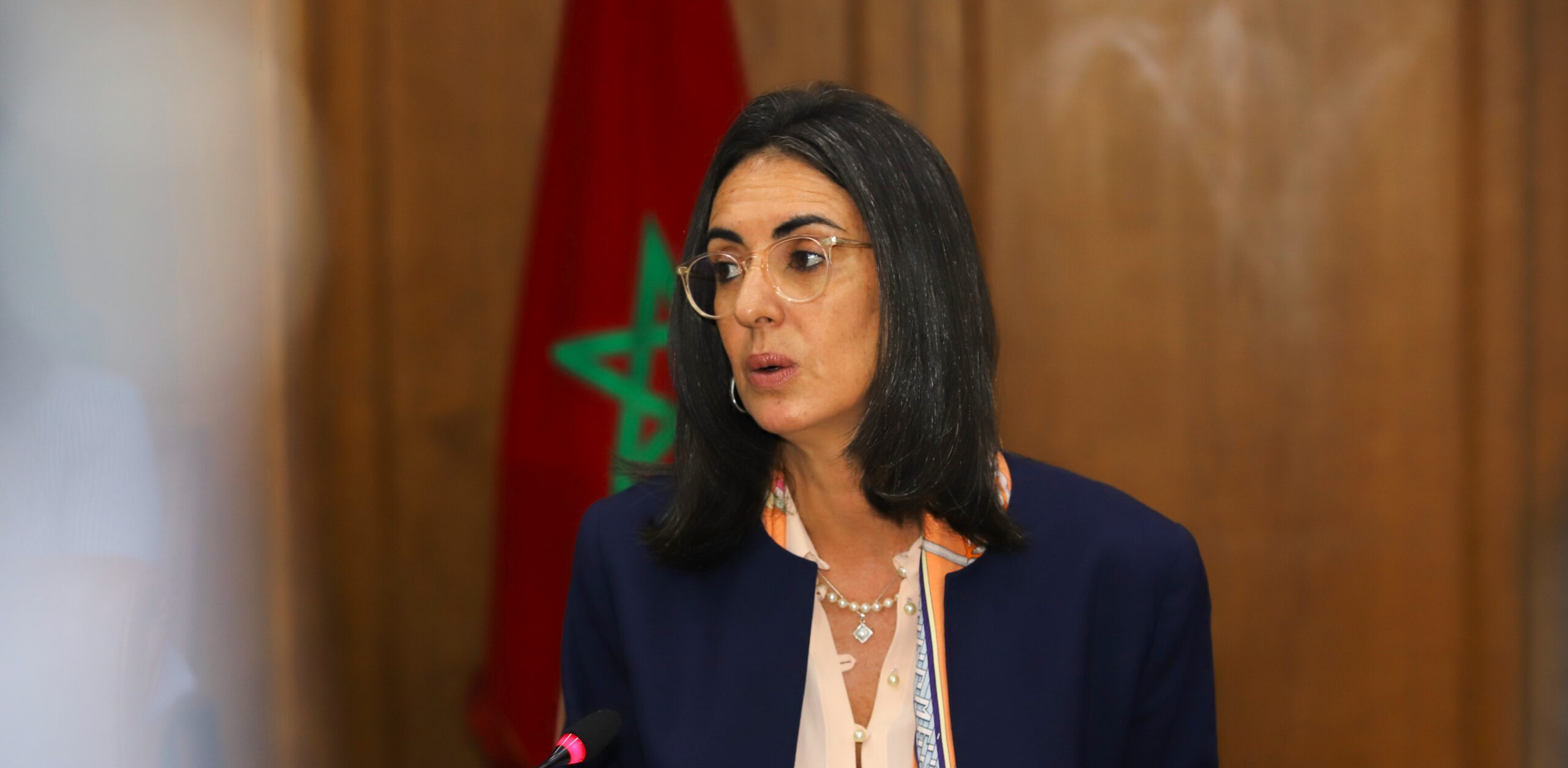Cybastion, EXIM, and Côte d’Ivoire’s $100M Digital Bet: Catalyst or Geopolitical Experiment?
EXIM’s $100M guarantee for Côte d’Ivoire’s digital sector, executed via Cybastion, signals U.S. intent to de-risk African tech finance. Yet its modest scale versus $100B needs raises doubts over whether it’s a catalyst for scale or just geopolitical signaling.

The announcement of a $100 million Export-Import Bank of the United States (EXIM) guarantee to back a national data center and digital infrastructure in Côte d’Ivoire has been framed as a landmark moment for Africa’s digital economy. Structured through Citi, and executed by diaspora-led cybersecurity firm Cybastion, the deal was unveiled on the sidelines of the UN General Assembly. Supporters view it as a milestone in mobilizing U.S. capital into Africa’s technology sector. Yet beneath the headline, the signals point to a far more complex mix of catalytic potential, structural risks, and geopolitical positioning.
Africa’s digital gap is stark. The continent hosts just 1% of global data center capacity despite nearly 18% of the world’s population. Internet penetration in Côte d’Ivoire is estimated at 47%, far behind South Africa’s 72% or Kenya’s 60%. Meeting demand for data storage, cloud services, and secure networks requires billions in investment. The African Development Bank projects that Africa’s digital infrastructure financing need will top $100 billion by 2030. Against this backdrop, EXIM’s $100 million guarantee looks less like a systemic solution and more like a pilot—representing just 0.12% of Ivorian GDP ($85 billion, IMF 2024) and a fraction of the continent’s requirement.
Still, guarantees matter because they de-risk private capital. African sovereign Eurobonds typically yield between 8–15% depending on credit profile: Côte d’Ivoire’s 2030 Eurobond (XS2015271047) trades around 8.2%, while Ghana’s remains distressed above 15%. A U.S.-backed guarantee could shave 200–300 basis points off financing spreads, lowering borrowing costs and signaling a floor of sovereign support. For investors wary of African project risk, such instruments can convert politically sensitive digital ventures into bankable assets.
Cybastion’s role is critical. The company, spotlighted by President Biden in U.S.–Africa engagements, has in recent years signed MoUs across Gabon, Guinea, Benin, Angola, and Burkina Faso, focusing on cybersecurity, e-government platforms, and modular data centers. Its business model blends U.S. diplomatic cover, EXIM-backed guarantees, and partnerships with global tech firms like Cisco and HPE. By bundling capacity building—such as its DigiEmpower training program—with infrastructure delivery, Cybastion positions itself as a U.S.–Africa bridge. Yet this reliance on government contracts and concessionary risk instruments raises questions of sustainability: can the company scale commercially, or is it primarily an arm of U.S. economic statecraft?
Comparisons reinforce the point. Kenya’s Konza Technopolis project is valued at $14 billion, South Africa’s Teraco data centers attracted $2.5 billion in PE funding (NASDAQ: BX), and Equinix (NASDAQ: EQIX) paid $320 million for Nigeria’s MainOne cable and data business. Against such benchmarks, EXIM’s $100 million looks modest. It signals U.S. intent, but not yet commitment at scale.
From a geopolitical perspective, the project is also a counterweight to China. Huawei and ZTE dominate African telecoms and cloud infrastructure, offering turnkey solutions often financed by China Exim Bank. By contrast, U.S. interventions have been piecemeal. EXIM’s Côte d’Ivoire guarantee reflects Washington’s pivot toward blended finance: not aid, but risk-sharing to crowd in capital. The hope is that pilot projects build confidence, attract institutional investors, and gradually scale. But execution risk looms large: political volatility in West Africa, FX pressures despite WAEMU’s euro peg, and the governance burden of state-led digital rollouts all threaten delivery.
For financial markets, the signal is twofold. On one hand, the deal provides a catalyst narrative: U.S.-backed guarantees can compress spreads, reduce risk premiums, and give African governments a template for financing digital transformation. On the other, the scale gap and dependence on U.S.-aligned diaspora firms highlight how fragile Africa’s digital financing pipeline remains. Unless EXIM multiplies such guarantees into the billions across multiple countries, the continent’s $100 billion digital financing deficit will persist.
For Côte d’Ivoire, the political upside is clear: association with U.S. financing instruments reinforces its reputation as one of West Africa’s most stable reformers. For Cybastion, the deal burnishes credibility, positioning it as a first mover in Africa’s cybersecurity space—where the market is forecast to grow from $2.5 billion in 2020 to $6.5 billion by 2030. For Washington, it signals a commitment to counter Chinese influence in digital infrastructure. But for investors, the deeper question remains: is this the start of a scalable model, or just a symbolic gesture?
Ultimately, the $100 million EXIM guarantee should be read less as a solution and more as a signal: that Africa’s digital infrastructure is shifting from aid dependency to capital market experimentation, where risk-sharing and blended finance will be the norm. The sustainability of that model will depend on whether small, politically charged projects like this one in Côte d’Ivoire can evolve into region-wide financing frameworks that deliver both scale and returns.





